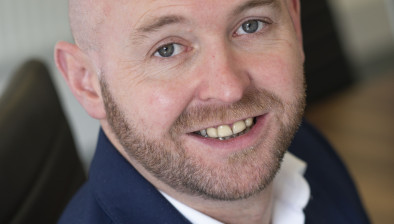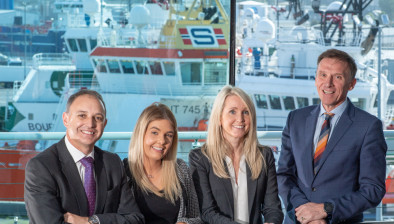ACCA & CFN: One in five small businesses believe full trading recovery will take two years

Small businesses expect a long, slow road to recovery to pre-pandemic levels of trading, according to a survey from ACCA UK (the Association of Chartered Certified Accountants) and The Corporate Finance Network (CFN).
The gloomy prediction emerges from the SME Tracker, which surveys accountants about their clients. It shows that 20% of SMEs are convinced that full recovery to pre-pandemic levels of trading will take up to two years. Half of all respondents think it will take 1-2 years.
As trading resumes for non-essential businesses, albeit with restrictions, the picture also emerges of owners failing to consider what extra cashflow they will need, with only 12% addressing this question up to now.
The survey reported data from accountants representing 7,065 SME clients and ran until yesterday. More than half of the accountants reported that up to 30% of their clients were having to change their business model with a risk of lower levels of trading.
While more than 71% said that the global pandemic had left them negatively affected, only 38% of SMEs were making plans to take on extra debt to fund their return to trading, including the government’s new Recovery Loans which launched this month.
Kirsty McGregor, founder of The Corporate Finance Network, said: “SMEs are still feeling a deep lack of confidence in the future, which has left some unwilling to borrow more.
“This is particularly true of limited company micro businesses who are very reluctant to take on debt when they haven’t had any government grants to support them. The government needs to offer some relevant help to these vital smaller businesses and not treat them as tax-avoiders.
“The rollout of the Recovery Loans needs to be swifter to enable more lenders to offer affordable funding, so that when entrepreneurs realise they need access to capital, the solutions are there for them.”
Claire Bennison, head of ACCA UK, added: “SMEs are unsure about the future, but they need to feel they want to engage with planning their financial survival.
“It’s vital they understand the full breadth of options available and to realise the steps they can take to help them get back trading faster, take opportunities as they arise and to build resilience for any future shocks that may come as the government navigates the country through the health crisis.”









